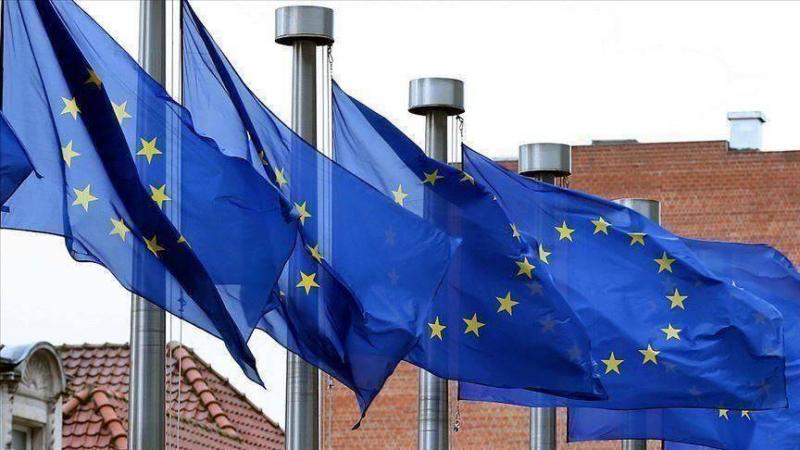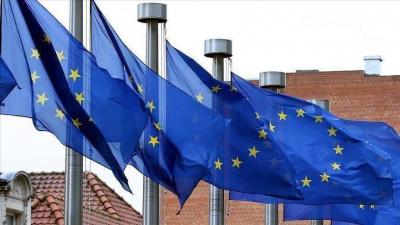"A coalition of political powers, including Hezbollah, has prevented the formation of the Lebanese government after they devastated the economy and caused the state to reach a complete collapse due to their corruption and assault on the foundations of the state. Therefore, they deserve the European sanctions that will be imposed on them and on several of their close associates." This is how a European diplomat in Brussels described the Lebanese situation, which France is committed to reforming by forming a government of specialists, backed by Arab and international support.
The diplomatic source indicated that the European Union has started, under French pressure, to lay the groundwork for a special sanctions mechanism for Lebanon as a preliminary warning to pressure the formation of a new government. The reason, in their opinion, is that Hezbollah links the Lebanese situation to any progress in the talks with Iran.
The French Foreign Ministry confirmed that its Minister Jean-Yves Le Drian reminded his European counterparts of the urgent necessity to assist Lebanon in overcoming the political and economic impasse, by accelerating European efforts to pressure those responsible for the current obstruction.
A British official confirmed coordination with "Brussels" to impose sanctions against several Lebanese officials involved in public theft and corruption, as well as smuggling and murder. He indicated that London is monitoring Hezbollah's role in the region, from Iraq to Syria and Yemen, affirming support for the stance of Maronite Patriarch Bechara Rai, who calls for Lebanese neutrality in regional conflicts.
British Chargé d'Affaires in Beirut, Martin Longden, stated: "Lebanon is going through one of the most difficult crises in its history, with complex and long-standing causes, but serious reform and profound change are essential."
Regarding whether the UK would impose sanctions on officials responsible for the ongoing crisis in Lebanon, he pointed out that “the British government now has a Magnitsky sanctions regime and we can use it against those who steal from the Lebanese state or engage in other violations.”
Simultaneously, the High Representative of the European Union for Foreign Affairs, Josep Borrell, distributed to member states a options paper prepared by the EU's External Action Service at the request of France and Germany.
The summary of the options presented to EU foreign ministers outlines the conditions for forming a government that engages with the International Monetary Fund to implement the required reforms as quickly as possible. In the event of no government formation, sanctions will be implemented in two phases: first, establishing a specific sanctions regime for Lebanon, and second, listing the targeted names that obstruct the formation process on the sanctions list.




